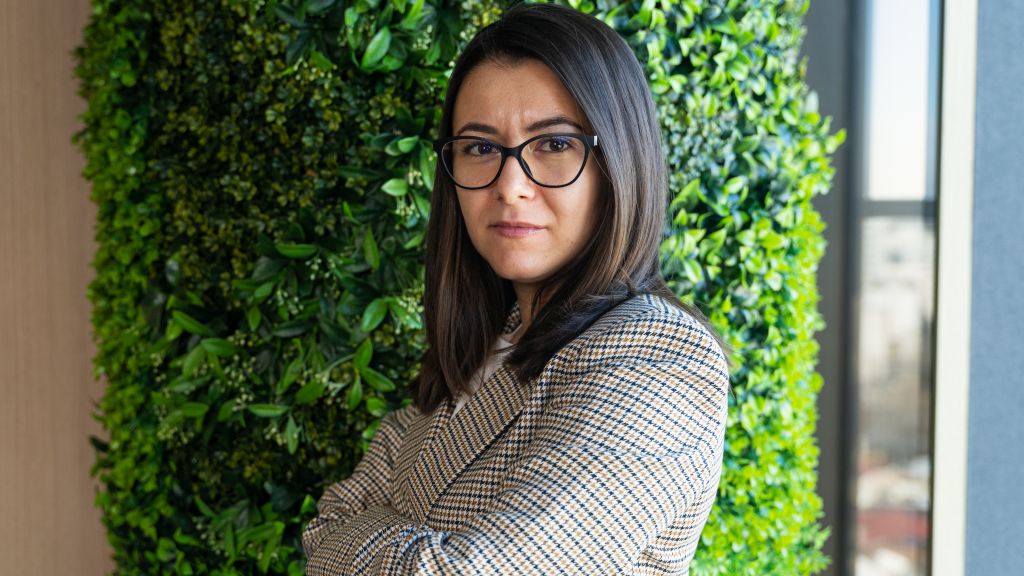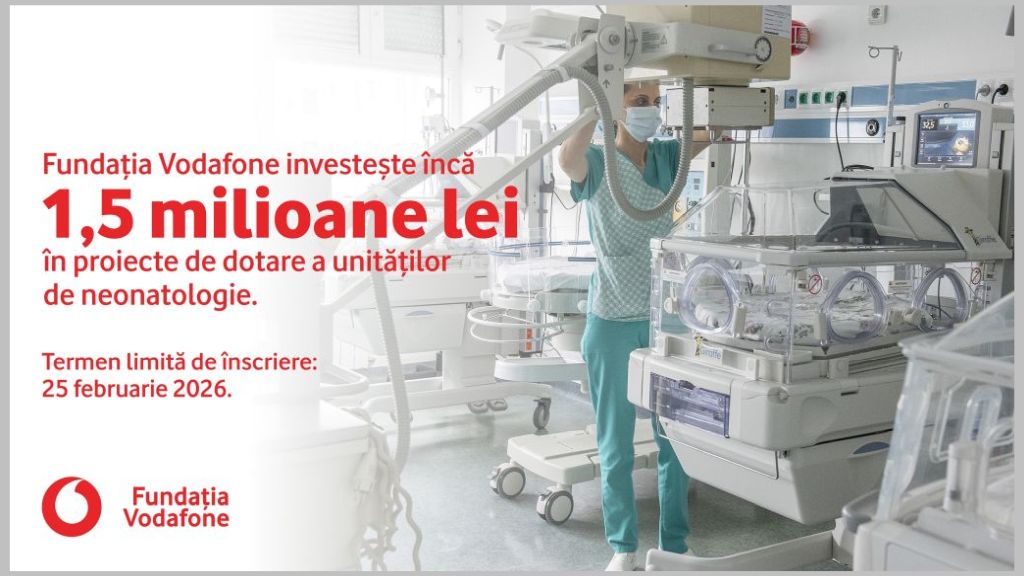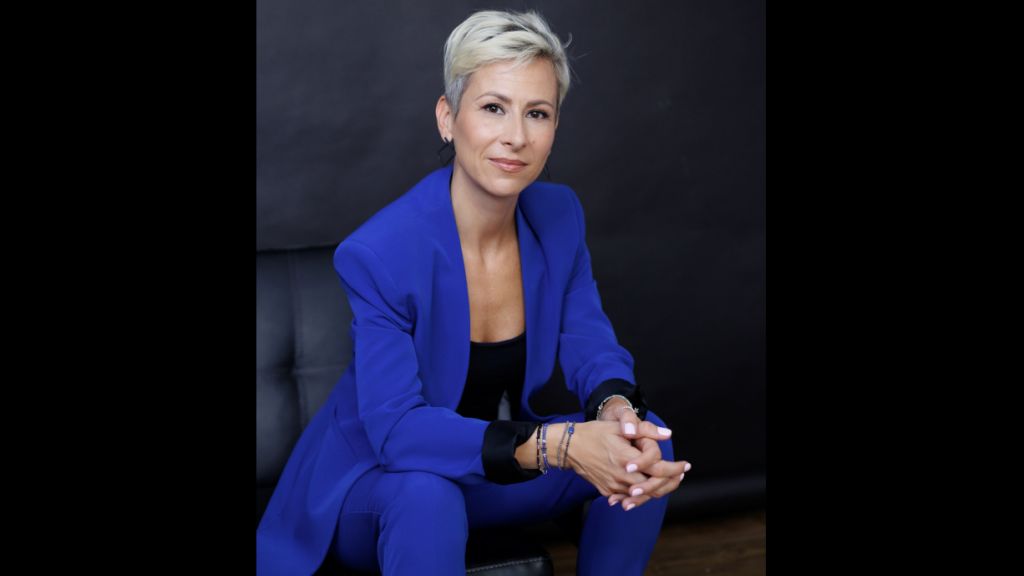Q: How has people’s behavior regarding telecom and internet consumption changed during the last few years?
Jean-François Fallacher: Consumers’ behavior has changed. The first trend we’ve started to see this year is that of Romanians coming more and more to us for subscriptions. They are taking commitments with operators and use prepaid cards less. The second trend we see in the market is smartphone adoption. If we look at the number of subscriptions we sell and at what we call smartphone attachment – the ratio of people that are buying smartphones – it is really growing.
It means that in Romania, like in Western Europe, people are really equipping themselves with these nice devices. This change has started three years ago, but we’ve seen a real increase this year.
I think the two trends are linked. They are caused by Romanians’ interest in buying nice devices. Because in subscriptions we subsidy them and people don’t pay them at their market price. This is the main reasons why Romanians are shifting from prepaid to postpaid. We are also striving to differentiate the types of subscriptions to different types of consumers. It is obvious that a mature person will use telephony and data services differently from a teenager or an elderly person.
Q: Have you anticipated these trends? What can we expect next?
Jean-François Fallacher: We expected these trends, as Romanians’ behavior is quite similar to that of other Western European countries. I think they will go on. We see a larger adoption of tablets and of connected objects as well. These are devices that can be equipped with GPS and are located in cars, in refrigerators, in glasses and watches. They will have SIM cards and will be able to communicate. This is definitely the trend.
Q: How do you see the future business model of the telecom industry?
Jean-François Fallacher: We are in a market that is evolving fast. Technologies are changing fast, so we are changing as well. We need to adapt ourselves constantly. Talking about the future, I think we are in the right industry because it’s about people’s communication. This is absolutely key and it is growing. In the future it will be more and more about communication between devices. There are a lot of ways our industry can grow and a lot of new technologies arriving on the market.
One way of looking at the future is to look at the past. Project yourself ten years ago, in the 2000s, when we were still using those gray phones with a few buttons and all we could do was send sms. If we look at what we are doing now with the devices and the communication tools we have around us, I’m not sure if we could have imagined that ten years ago.
I expect that in ten years from now this trend will only be accelerated. We’ll see usages that we cannot foresee today.
Q: How important is innovation for you? Do you have a special department that focuses on that?
Jean-François Fallacher: Innovation is absolutely key. We have a special department focused on innovation. At the group level, we have more than 4,000 colleagues that are working just on innovation and are looking at future trends.
Innovation is a mindset. It is not only a technical thing. We can innovate daily even in the way we serve our clients, by simplifying things. We are pushing and incentivizing our employees to be innovative. That’s the most important.
In all businesses, telecom included, there are some structural trends that are completely modifying the rules. Look at the impact of digital photography on certain industries. There are huge brands that have disappeared.
We are extremely cautious with adapting ourselves. It’s important to understand the fundamental market changes and trends and to adapt yourself to these trends. If you don’t, you might have bad surprises. On the other side, it creates lots of opportunities for new ways of doing business and for new businesses that haven’t existed before.
This is constantly changing. As an example, the digital photography business hadn’t existed before. Now it has totally replaced the basic photography that I used to do with my father 20 years ago in the laboratory. This is completely gone. We see that smartphones are starting to replace the digital cameras that were very successful five years ago. The quality of the camera in these smartphones is so good that I’m no longer using my digital camera. Besides, I always have my phone with me. This is again going to change the way the industry is shaped today. And it is going very fast.
Q: Orange has recently entered the TV market. What has made you take this decision?
Jean-François Fallacher: It’s a question of timing. We looked at this market very carefully and we considered it was the right time to enter the market. We were able to come with a different solution, a different product. Technologies are changing rapidly and what we can do today is absolutely not what we could do five years ago.
Romanians are watching one-and-a-half more TV than the average Europeans. It’s five hours per day in Romania, compared to the European medium of three hours per day. So there is a big appetite for TV here.
We also see the consumption of TV changing. If we look back 10 years ago, people were sitting on their sofa, watching TV at home. Now they are more and more using their smartphones, tablets or laptops to watch videos or look at the news on internet websites. The watching habits are really changing. I look at my own kids, who are teenagers. They never watch TV basically. They look at movies or they go on Dailymotion on their laptops.
We believe this is the future trend: people will watch more and more TV in different ways than we used to do.
Q: How has the market reacted so far to your TV offer and what’s your strategy to compete with the main players on this niche?
Jean-François Fallacher: With the possibilities we have today, we brought to the Romanian market something that is really new in terms of TV service. It’s an innovative service. Why? In terms of content, we gathered around 40 high definition (HD) channels, which is unique in Romania. Statistics show that 90% of Romanians nowadays buy HD television sets. We are bringing a service that is adapted to these new TVs and there are about 1 million HD TVs in Romania today.
Secondly, from the start, we thought of it as a TV service for multiple devices. It’s not only for a classical TV, but also for a smartphone or for a tablet. We’ve just launched applications for phones , where you can access the same content you see on TV on your tablet, on the move, and on your smartphone.
From our point of view, as well as from the customers’ point of view, this makes a lot of sense. Because this is the moment we are starting to deploy our 4G infrastructure. 4G is the wireless motorway that enables us to access internet content with very high speed. So it makes a lot of sense to bring this service at this moment, as technologies, such as compression and applications, make it possible now. This is the reason why we entered this market.
Q: Ultra High Definition TV is gaining ground in Europe. How do you see its evolution in Romania?
Jean-François Fallacher: There is a big trend towards High Definition (HD). Sound is going to HD, TV as well. It is basically the next step. I think this is only the start. Prices for the ultra HD devices are very high, but in a few years they will become more affordable and we’ll see an adoption of that.
Q: The European telecommunication commissioner Neelie Kroes has presented a draft law meant to accelerate the transition of the EU telecom sector towards a unique market. What do you think of the expected measures: eliminating roaming tariffs and standardizing procedures for allotting usage of frequency spectrums?
Jean-François Fallacher: We’ll comply with the regulations. Our group has been commenting on this draft law. I believe it is going on the right direction. We also believe it could be reinforced on a number of domains. We are going to make this known and say how we think things could be improved. Definitely, it is important that Europe supports the European telecom industry.
We are operating in an open economy and we are competing with American or Asian players, so it’s important that Europe takes the right decisions to support the European players in this international competition. Our suggestion would be to balance these future laws so that operators like Orange Romania have the right environment to invest.
We are in an industry where technologies are changing very fast. We measured the time span between 2G and 3G technologies and we noticed that the time between 3G and 4G was cut by half. Speed is accelerating. All these technologies need a lot of investments from the operators. It’s important for Europe that the right room of maneuver is left to the operators and to the industry to invest.
Our suggestion to the European authorities is to look at it in a balanced way.
Q: Besides TV, how do you plan to use the 4G technology to increase your revenues? How much do you plan to invest in expanding your 2G, 3G and 4G networks?
Jean-François Fallacher: We’ve already started to invest in 4G and we are going to continue, how we did in the past with 3G. We invest not only in network, in the infrastructure, but also in making the 4G devices more affordable.
One of our big investments goes into the direction of digital coach. It’s about training our colleagues in the shops, at the customer care centers, to help newcomer customers get into this new world. There are people buying smartphones for the first time and they need help.
We are investing 10% to 15% of our turnover every year in improving our network and in training activities, which is more than EUR 100mn per year. We are currently making two major investments. Two years ago we refreshed our network in the rural areas. At this moment we are starting to refresh our network in the urban areas. The second is investing in 4G.
Q: How do you plan to use the radio spectrum licenses you’ve recently been granted by ANCOM?
Jean-François Fallacher: This process was completed last year. We’ve just paid the second part of these licenses to the state at the end of June. These licenses were for the entire mobile business. This is the key of our business, because it enables us to beam the signal in the air. We are using them for our core business. When you make a phone call, we are using these frequencies.
There were two types of frequencies: a prolongation of the existing spectrum for the 2G and 3G technologies, which we are using as we speak; and there was a new 4G spectrum, which will be available for us in 2014. Our 4G equipment will use this spectrum to bring this technology to the Romanians.
The size of the spectrum we bought is roughly linked with the speed and the quality of access that you can have on your phone. If you buy a very large spectrum, we’ll be able to provide you very large speed. The 4G technology will be able to provide speeds ranging from 20MB to 200MB. It’s the comfort and quickness of sending a video or a picture over the air.
That’s why we bought really large spectrum motorways. It was an option for 15 years. It’s the key for our development in this country.
Q: What’s your strategy for Romania? What other services to you plan to launch locally?
Jean-François Fallacher: We’ve been very active especially last year and this year and we’ve brought a lot of new services on the market. We entered the TV market, which is a bold movement. We brought cloud services both for consumers and business to business customers. We’ve just launched an antivirus with Bitdefender.
On short term, we’ll concentrate on bringing these services to the market and on improving our client service.
Q: How have the Romanians reacted to Orange’s cloud services so far?
Jean-François Fallacher: Cloud is quite a big trend, both from the consumers’ side and on the businesses side. Its adoption has started and is going into the right direction, but it takes time. This is definitely a future trend, where people will save their pictures and some of their documents online. With cloud, a company no longer has to put in place an entire IT infrastructure which is complex and costly. That’s why we see it as a trend. Things are taking up, but it’s going to take time.
Q: Which services generate the most of your revenues and how is this going to change in the coming years?
Jean-François Fallacher: We are quite balanced in the way our revenues are generated by consumers and by businesses. We believe this balance will remain rather stable. Our data revenues are booming, coming from the usage of internet access: sending emails and pictures, access to social networks, sending sms. This data-related part of our revenues is growing and is compensating the decrease we see in our voice revenues.
On the very long term, the data will represent the majority part of our revenues. It is not the case today.
Q: Orange officials have recently declared they would be interested in acquiring some assets in Romania. What’s your strategy in this respect?
Jean-François Fallacher: There have been some declarations of our chairman in the press, that the group is interested to look at some potential acquisitions. He quoted some countries, including Romania. At this stage I have no concrete information in this respect that I could share.




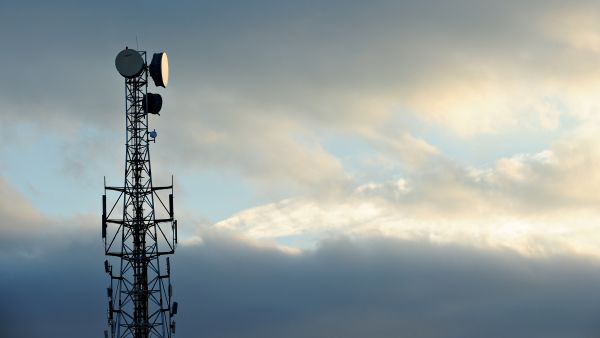
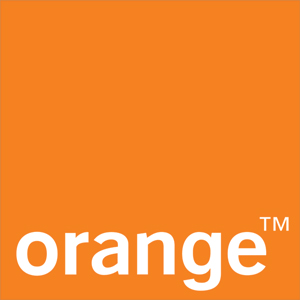











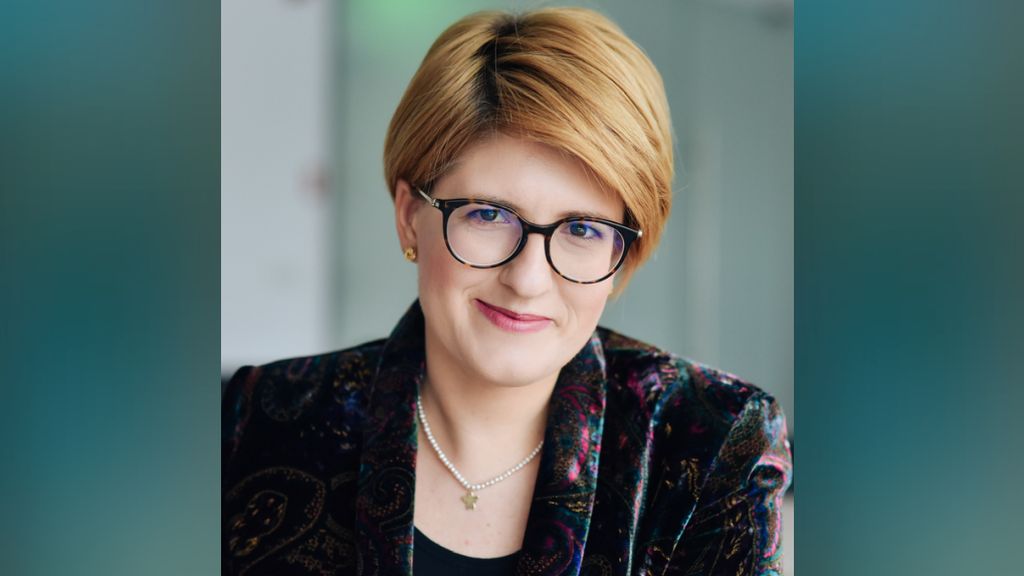

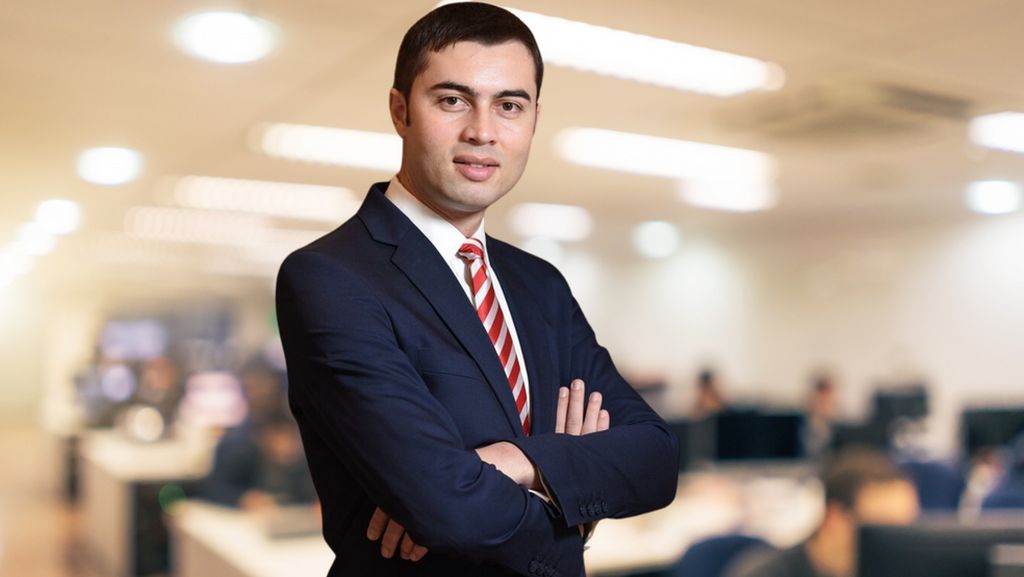
![2026 consumer trends and industry insights [Webinar]](https://doingbusiness.ro/media/covers/6979dc6c4329e_cover.jpg)


